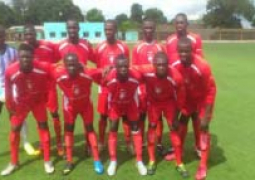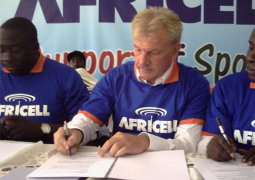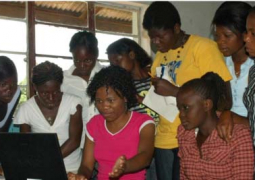The World Wide Fund for Nature -West Africa (WWF-WAMPO), in collaboration with the Department of Parks and Wildlife, on Tuesday conveyed a daylong meeting with farmers for the establishment of an association of village banks.
The objective of the village banking initiative is to reduce the negative consequence of certain livelihood activities on the conservation and management of natural resources within ecologically sensitive habitats.
According to Alhagie Manjang, country coordinator of WWF-WAMPO Gambia, his organization, in partnership with Department of Wildlife Management, implemented a project known as Integrated Coastal Marine Biodiversity Management project (ICAM).
The project, he said, provided funding for the establishment of a system of credit and savings scheme called village banking in nine villages around Baobolong Wetland Reserve (RAMSAR site) in the North Bank Region and in four coastal communities in the West Coast Region.
He further noted that at the end of the ICAM project, WWF did conduct community consultation with a view to map out a strategy for the sustainability of the village banking scheme.
The consultation came to a conclusion that there was need to create an association of village banks representing 14 local communities which would discuss with experts the idea of establishing the village bank association in The Gambia, Mr Manjang explained.
He noted that the one-day meeting provided a forum for discussion and sharing of valuable information, knowledge and experience to map out the way forward in the establishment of the banking association.
For his part, Njie Jeng, an engineer specialist, expressed appreciation with the attendance of the farmers at the meeting, saying the meeting was held to bring ideas together from all sectors, including fishermen and other related sectors within the project framework to come out with something that would benefit them and create better livelihood for all concerned.
He then lamented on the importance of availability of fish, saying fish is very important as it also serves as a means of livelihood to many people.
The project has an envelope of €50,000, funded by the European Union and implemented by the UNDP, as a pilot project.





